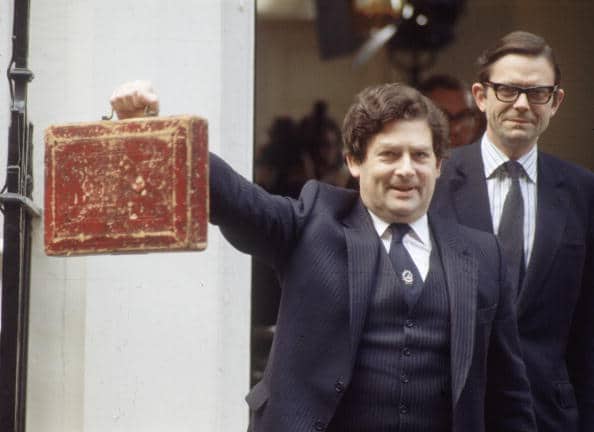Nigel Lawson has also had a long history of association with the Institute of Economic Affairs (IEA). Margaret Thatcher, who promoted Lawson to the cabinet, was championed by the think tank. By happenstance, his last ever public appearance as the British chancellor was on an IEA platform where he defended his record in office.
But Lawson’s downfall was in large part caused by the IEA and its ideological adherence to free market economics. Lawson resigned in a protracted and hot tempered row about the Exchange Rate Mechanism with the then Prime Minister Margaret Thatcher because he had been sidelined in favour of the IEA’s Sir Alan Walters.
Decades later and Lawson returned to the political stage after being approached by David Henderson, an IEA trustee and now chairman of the academic advisory council of the IEA.
However, the recently deceased John Blundell had confirmed that when he served as director general of the IEA he turned Lawson away when asked if the GWPF could share its Lord North Street offices on the basis the charity was too political. Blundell was some time after this meeting humiliated and then deposed as DG in an unrelated power struggle while the relationship between Lawson and the IEA improved.
Subscribe to our newsletter
Stay up to date with DeSmog news and alerts







